
Ipas Nepal is collaborating with women and girls, local health officials and community partners to ensure access to reproductive health care after climate disasters.
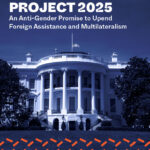
This report focuses on the damage Project 2025 would have on overseas development assistance and international cooperation.
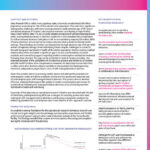
These two learning products – a project brief and a technical brief – describe the Ipas Development Foundation’s work to increase contraceptive uptake and continuation after self-managed medical abortion.
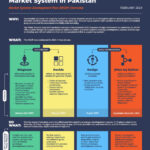
These three learning products — a market systems development plan (MSDP) overview, a workshop event summary, and a low fidelity process infographic — document our project’s efforts to understand, describe, and enhance the post-medication abortion contraceptive market in Pakistan
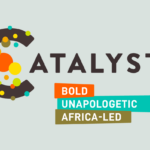
Seeking to more effectively protect and promote abortion rights in Africa, Ipas and key partners have launched CATALYSTS—an ambitious, Africa-led coalition of abortion rights advocates.
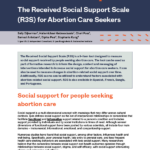
The Received Social Support Scale (R3S) is a 9-item tool designed to measure social support received by people seeking abortion care.
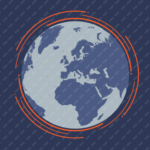
Today’s dismissal offers only a delay to extremist politicians’ crusade to override the rights of pregnant people at all costs.

